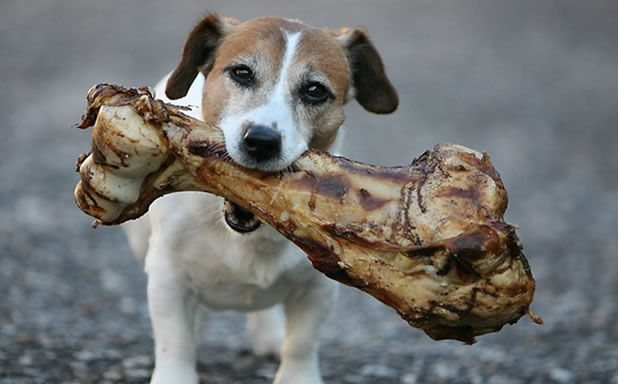Nov. 2006: “The dog does not worry when the chicken runs over to the bones” – Ewe-mina (Benin, Ghana and Togo) Proverb
Koklo metsoa pu adika soa avu o (Ewe-Mina)
Le chien n’est pas inquiet quand la poule s’empare de l’os (French)
The dog does not worry when the chicken runs over to the bones (English).

Ewe-mina (Benin, Ghana and Togo) Proverb
Background, Explanation, Meaning and Everyday Use
The Ewe-mina is one of the major ethnic groups in Togo and also lives in Ghana and Benin. As in many cultures, dogs are part of their households. They are considered members of the family with a specific role to play, namely to watch over the house for suspicious visitors. Being of the carnivorous family, dogs are known for their great appetite for meat. But in Togo they learn to settle for the bones since they rarely get meat. So it is not uncommon to see two dogs engage in an intense fight over a bone that someone throws to them. To the stronger goes the bone. A similar fight may occur between a dog and a cat. But a dog does not make a move when the chicken runs over to the bone. They do not fight chickens over bones because they know chickens do not have teeth for bones.
This is a Ewe-mina proverb of confidence. It is often said about people who do not feel threatened or insecure by the gifts or performances of others because they know their own strengths and talents. It is also a proverb against needless fights. There are some causes that are worth fighting for and some others that are better to let go.
Biblical Parallels
The Biblical figure who best exemplifies this proverb is St. Paul. St. Paul had great confidence in his call as an apostle of the Risen Christ. Though he did not know the earthly Jesus, he did not feel any less an apostle than those who journeyed with Jesus (1 Corinthians 9:1-2). Confronted in Corinth about the validity of his ministry, Paul proudly enumerated all that he endured and gave up for Christ. (2 Corinthians 11:16-29). Toward the end of his life, he confidently stated, “I have fought the good fight, I have finished the race, I have kept the faith. Now there is stored for me the crown of righteousness” (2 Timothy 4:7).
St. Paul also knew when to fight his detractors and when to just back off. When the integrity of his ministerial call was at stake, Paul fought vigorously to defend it (2 Corinthians 10 1-6; Galatians 2: 14). Otherwise, he devoted his energy to preaching the Gospel of Jesus.
Contemporary Use and Religious Application
In many places in Africa it is still an affront to speak proudly of one’s qualities or accomplishment. In some parts, one can even get killed or poisoned for doing just that. The unspoken prevailing wisdom is to let others discover you and solicit your service. Consequently, many people choose to live an unassuming life which has its own merits. But when confused with false humility, an unassuming life leaves many talents underdeveloped or unexplored. This proverb can be used to stir up confidence in children and youth to help them see where their real strengths lie and how they can confidently develop them. Confidence and self-knowledge are the best antidote to insecurity and inferiority complexes.
The proverb also challenges our tendency to begin a fight or declare war for any cause. Disagreements and disputes are part of life. But are all disagreements worth fighting for? Is the adversary worth our energy? Or is the cause worth our time? The wise fighter knows when to fight and when to back off. That it is why she or he does not worry when the chicken runs over to the bones. Do you?
Mr. Simeon Messan Adagba
Elizabeth, NJ, USA
Email: tayivi@yahoo.com
